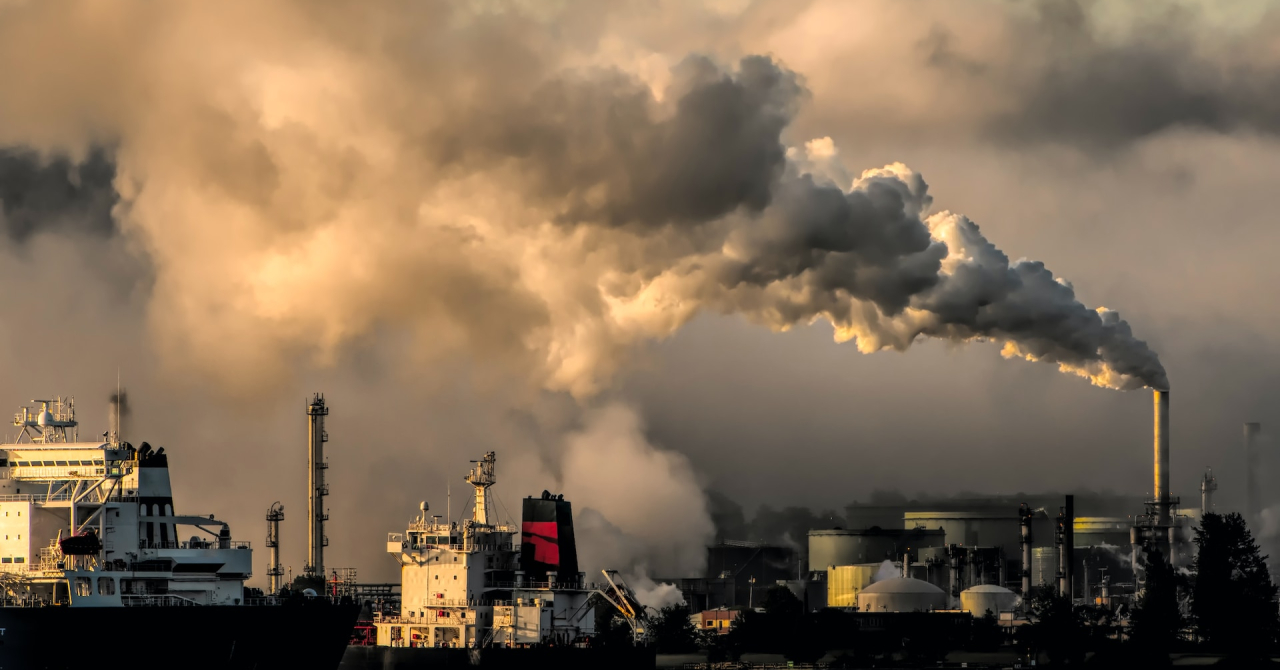Euronews.green reports that, according to IPCC experts, wildfires that took place in Canada this year accounted for a large amount of the CO2 emissions freed in the atmosphere.
Professor Pierre Friedlingstein, a former IPCC lead author, who participated in the study, said that "the impacts of climate change are evident all around us, but action to reduce carbon emissions from fossil fuels remains painfully slow."
"It now looks inevitable we will overshoot the 1.5°C target of the Paris Agreement, and leaders meeting at COP28 will have to agree to rapid cuts in fossil fuel emissions even to keep the 2°C target alive", he added.
When taking into account burning fossil fuels and changing land-use, CO2 emissions for 2023 are expected to near 41 billion tons. Deforestation rates are said to be lower this year however, not enough planting efforts will offset the progress.
Around half of the emitted CO2 is expected to be absorbed by the ocean and land areas, with the rest causing climate change in the atmosphere.
According to the 2023 Global Carbon Budget report, carbon emissions are expected to dip in some regions across the globe, including in Europe, but other areas, such as southeast Asia, specifically India, will act as CO2 boosters.
India and China are expected to have 8.2 and 4% higher emissions, while the EU and the US will lower their impact on the planet, with 7.4 and 3%, respectively.
Europe's climate progress can be attributed to lower emissions in the energy grid, as gas and oil accounted for less generated power, being replaced by renewables. Lower energy consumption across the continent also helped lower the impact of the energy sector.
Professor Corinne Le Quéré, Royal Society Research Professor at UEA’s School of Environmental Sciences explained that "the latest CO2 data shows that current efforts are not profound or widespread enough to put global emissions on a downward trajectory towards net zero, but some trends in emissions are beginning to budge, showing climate policies can be effective."
"Global emissions at today’s level are rapidly increasing the CO2 concentration in our atmosphere, causing additional climate change and increasingly serious and growing impacts", she added.
 Mihai - Cristian Ioniță
Mihai - Cristian Ioniță












Any thoughts?